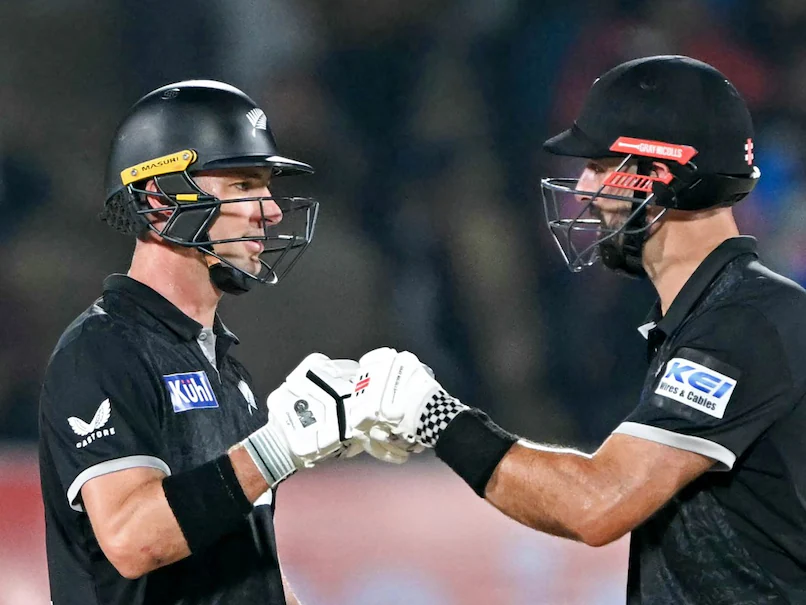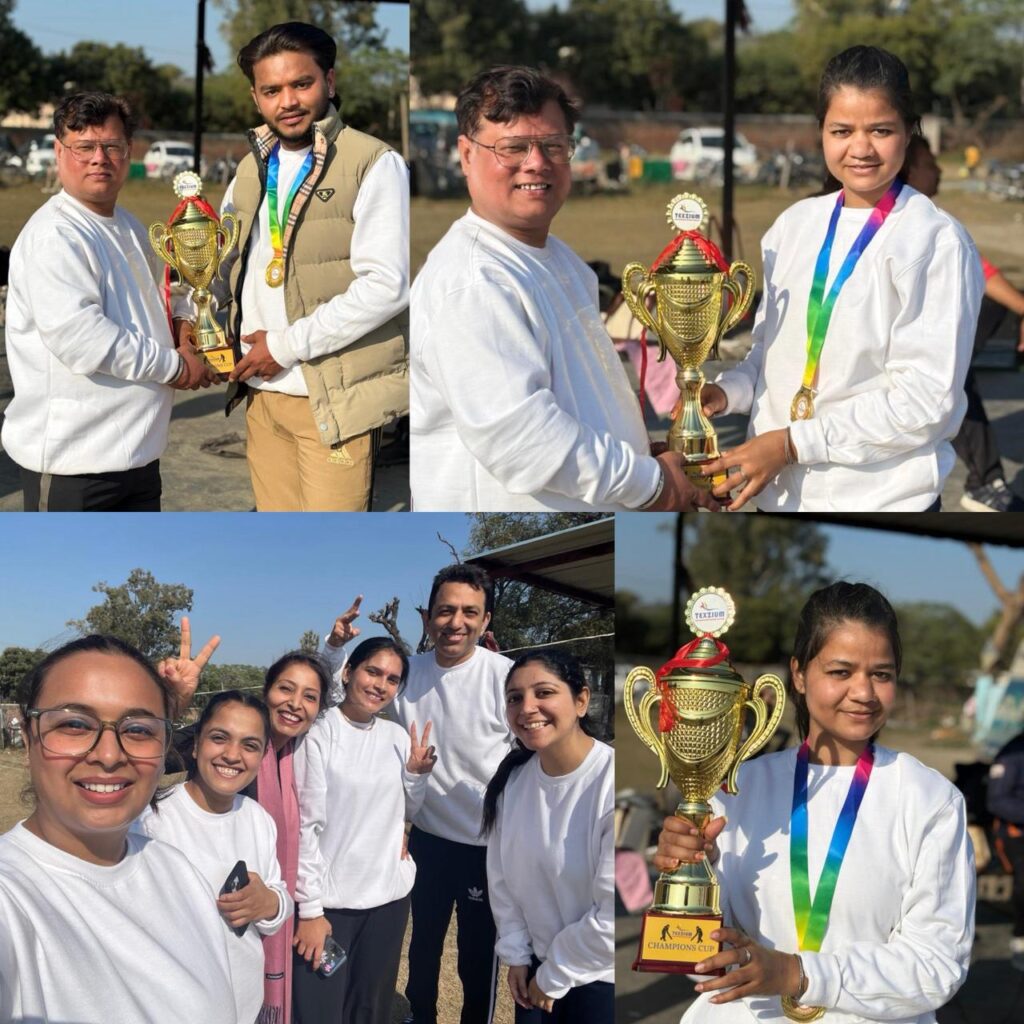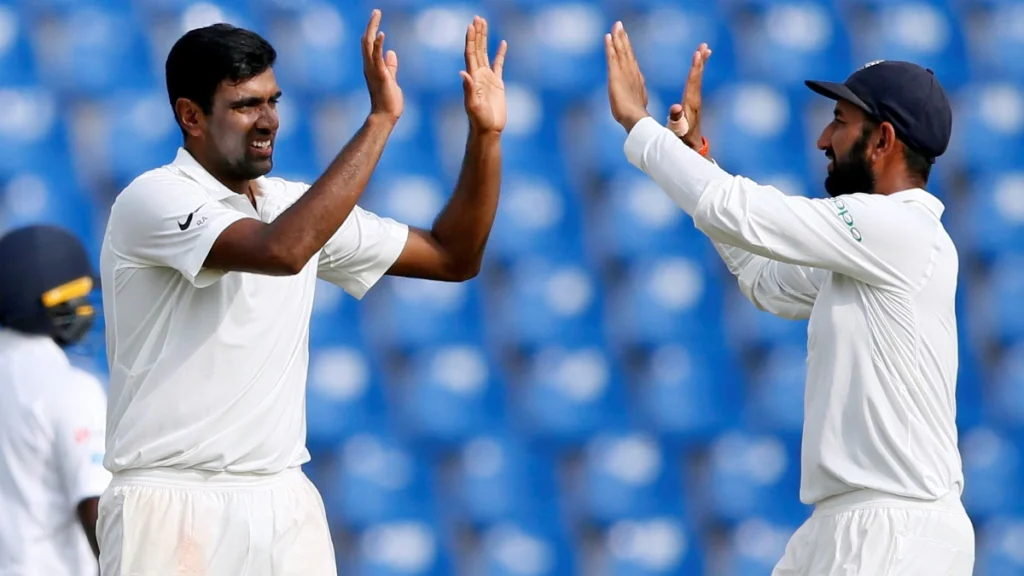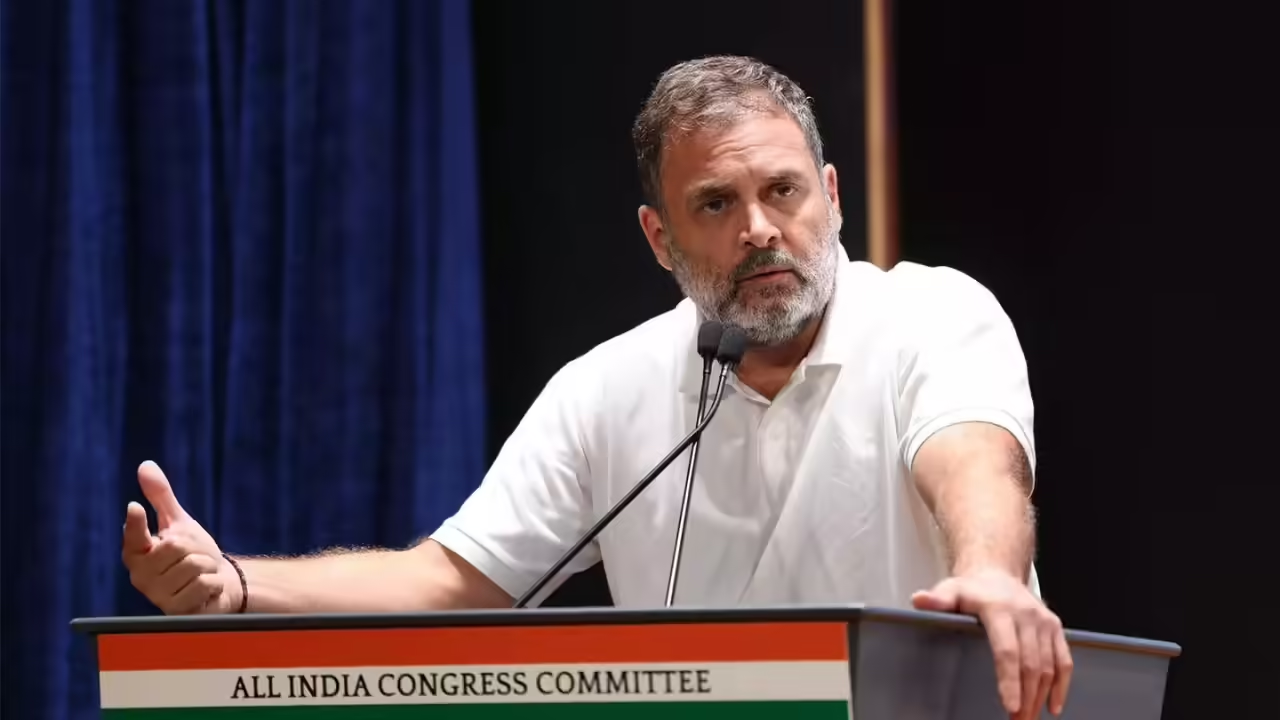Now Reading: ‘If India Can Play Cricket with Pakistan, Why Can’t Sonam Wangchuk Attend a UN Conference?’
-
01
‘If India Can Play Cricket with Pakistan, Why Can’t Sonam Wangchuk Attend a UN Conference?’
‘If India Can Play Cricket with Pakistan, Why Can’t Sonam Wangchuk Attend a UN Conference?’
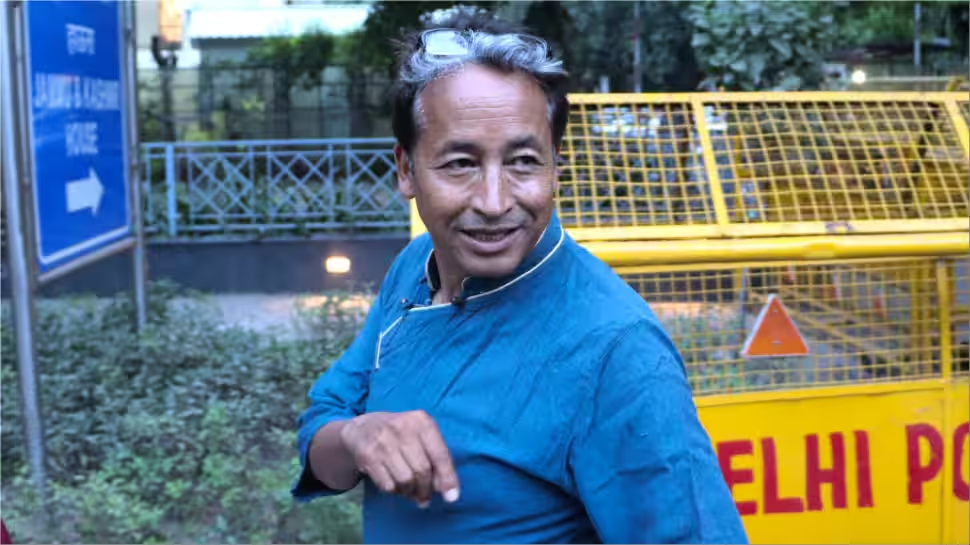
As India faced Pakistan in the Asia Cup final on September 28, 2025, a poignant question emerged from Gitanjali Angmo, wife of jailed Ladakhi activist Sonam Wangchuk. She asked, “If India can play cricket with Pakistan, why can’t one of its heroes, Sonam Wangchuk, attend a UN conference there?” Her query highlighted the contrasting narratives surrounding international engagement and domestic dissent.
Background of the Arrest
Sonam Wangchuk, renowned for his environmental and educational initiatives in Ladakh, was arrested on September 26, 2025, under the National Security Act (NSA). The arrest followed violent protests in Leh demanding statehood for Ladakh, which resulted in four deaths. Authorities accused Wangchuk of inciting violence and alleged links to Pakistan, citing his attendance at a climate conference in Pakistan earlier that year. However, Wangchuk and his supporters maintain that his visit was professional and focused on climate issues.
Gitanjali Angmo’s Defense
In response to the allegations, Gitanjali Angmo vehemently denied any wrongdoing. She described the charges as “misplaced” and emphasized that Wangchuk’s activism has always been in line with Gandhian principles of non-violence. Angmo also criticized the actions of the Central Reserve Police Force (CRPF) during the protests, suggesting that their intervention escalated the situation. She further questioned the rationale behind her husband’s detention, pointing out the inconsistency in international relations.
Public and Political Reactions
The arrest and subsequent detention of Wangchuk have sparked widespread debate. While some view the government’s actions as necessary to maintain order, others see it as an attempt to suppress dissent. The juxtaposition of India’s participation in a cricket match with Pakistan and the detention of an activist for engaging with the neighboring country raises questions about the consistency of foreign and domestic policies.
Conclusion
Gitanjali Angmo’s poignant question underscores the complexities of international diplomacy and domestic governance. As the situation develops, it serves as a reminder of the delicate balance between national security and the right to free expression. The resolution of Sonam Wangchuk’s case may offer insights into how India navigates these challenges in the future.








